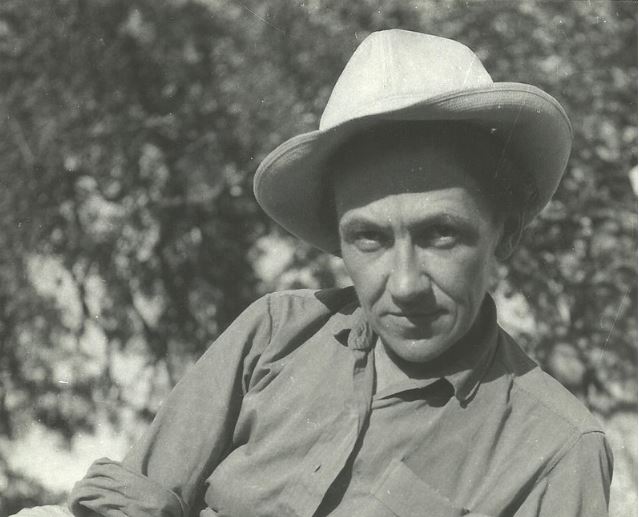By: Peter Marko Tase
The Republic of Paraguay maintained close relations with the government of the Socialist Federal Republic of Yugoslavia during the regime of General Alfred Stroessner in the 1980s, although the military dictatorship of Asuncion was ideologically opposed and very different from that of Belgrade. In the last three decades, after the disintegration of Yugoslavia and the historic declaration of Slovenia’s independence in June 1991, there has been no significant development in bilateral relations between Paraguay and Slovenia; both countries represent the embassies in Vienna and Buenos Aires. One of the main and unique bridges that has connected the two countries for decades is the flawless work of Dr Branislava Sušnik in Paraguay, who conducted scientific and anthropological research among the indigenous communities in the country. Sušnik was a Slovenian scientist, museologist, and professor of ethnolinguistic, who played a key role in deepening the study of indigenous culture before Columbus in the Guarani tribes in Paraguay. Unlike other international scholars in Latin America, Dr Branislava Sušnik is the eternal, true ambassador of Slovenia, who sought to unite the two countries with her scientific work across the Atlantic on a special island surrounded by land.
Sušnik, born on March 28th, 1920 in Medvode, Slovenia, studied Oriental languages and cultures in Rome and was associated with the Vienna School of Culture and History. The tragic events of World War II affected her original plans for the future and in 1947 she moved to Argentina. Her scientific research took place mostly in Paraguay, where she established a new chapter in her life. Branislava Sušnik was the director of the Andrés Barbera Ethnographic Museum for more than 40 years. In addition, she headed the Department of Ethnology and Archaeology in Paraguay and lectured at the National University of Asunción. Under the auspices of the La Piedad Foundation, Dr Sušnik conducted numerous scientific and research expeditions to study the lives of indigenous peoples in the northern Chaco region and the eastern tropical forest.
In commemoration of the 101st anniversary of her birthday, the life and work of this remarkable woman and scientist are more important today than ever before; we are now witnessing the mass violent expulsions of indigenous people in Paraguay who have been forced to abandon their ancestors and grow genetically modified soybeans. They have been forced out by Brazilian large soybean entrepreneurs who cut down giant trees and pollute their fields and freshwater with pesticides.
The work of Branislava Sušnik and her courageous character that she lived among the most vulnerable groups living in the wilderness of Paraguay’s Chaco is an example that illustrates the courage of Slovenes.
Branislava Sušnik was the founder of Paraguayan social history, a pioneer in the scientific studies of indigenous peoples and a great European intellectual. To this day, she is a highly regarded reference in Latin American academic research. With a disciplined character, she has published dozens of scientific books and articles that are widely used by modern anthropologists.
According to Bartomeu Melie, “Branislava Sušnik is one of the pillars of the institutionalisation of anthropology in Paraguay”. Branislava Sušnik’s research were focused on the interpretation of indigenous people as a key instrument for understanding Paraguay’s current socio-political and international engagement.
Peter Marko Tase is a distinguished associate for international affairs at the World Council of Engineering Deans (GEDC). He is a visiting lecturer in geopolitics and international relations at Marquette University (Wisconsin).

